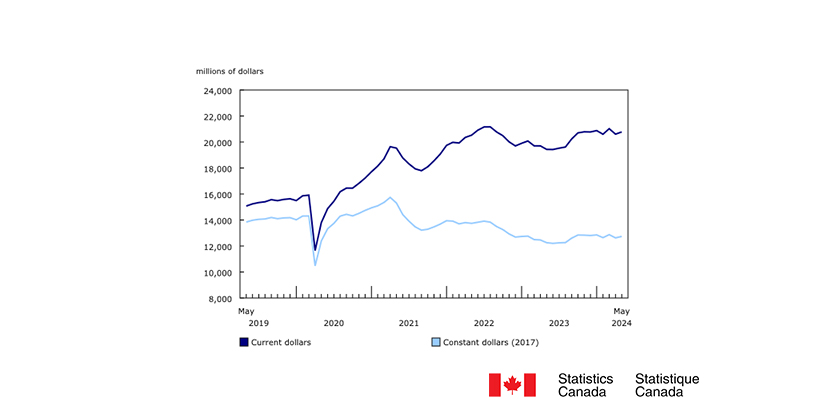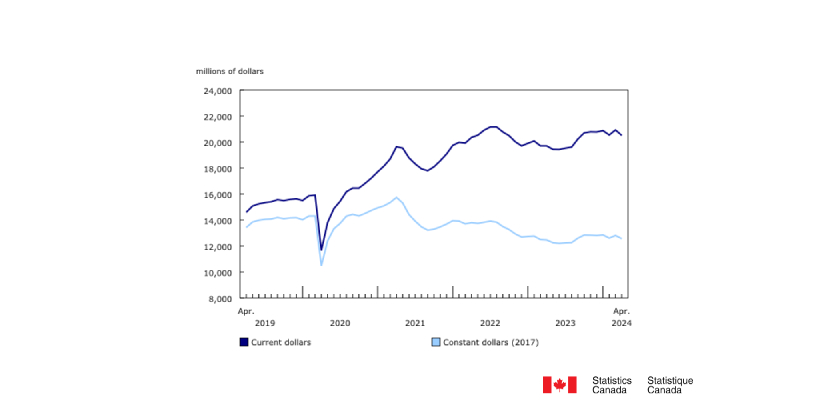Minister Qualtrough Highlights Investments to Support the Skilled Trades in Budget 2022

April 20, 2022
Through Budget 2022: A Plan to Grow Our Economy and Make Life More Affordable, the Government of Canada makes targeted and responsible investments to create good jobs, grow our economy, and build a Canada where nobody gets left behind.
Minister of Employment, Workforce Development and Disability Inclusion, Carla Qualtrough, met with the British Columbia Chapter (118) of the International Association of Heat and Frost Insulators, in Vancouver, British Columbia to highlight Canada’s investments to support more Canadians to become certified tradespersons available to take up in-demand jobs across Canada.
Budget 2022 invests to help apprentices from underrepresented groups—including women, newcomers, persons with disabilities, Indigenous peoples, and racialized Canadians—begin and succeed in careers in the skilled trades through mentorship, career services and job-matching. It also proposes to launch a new union-led advisory table that brings together unions and trade associations to advise the Government on priority investments to help workers navigate the changing labour market, with a particular focus on skilled- mid-career workers in at-risk sectors and jobs. To further support tradespeople to take up jobs across Canada, the Government will introduce a new Labour Mobility Deduction, which would provide tax recognition on travel and temporary relocation expenses to eligible tradespersons and apprentices.
Canada entered the pandemic with the lowest net debt-to-GDP ratio of all G7 countries—an advantage that has since increased relative to other countries. Canada has seen the best jobs recovery in the G7, and as of March 2022, has recovered 115 per cent of the jobs lost at the height of the pandemic, with an unemployment rate that sits at just 5.3 per cent—the lowest rate on record since 1976.
With Budget 2022, Canada will maintain this leading position, and its fiscally responsible approach to economic growth toward building an economy that works for everyone. Crucially, it upholds the Government’s fiscal anchor—a declining debt-to-GDP ratio and the unwinding of COVID-19-related deficits, which will ensure that Canada’s finances remain sustainable in the long-term.
Quick facts:
- Measures in Budget 2022 to support tradespeople include:
- $84.2 million over four years to double funding for the Union Training and Innovation Program to help apprentices from underrepresented groups begin and succeed in careers in the skilled trades through mentorship, career services, and job-matching.
- A new Labour Mobility Deduction, which would provide tax recognition on up to $4,000 per year in eligible travel and temporary relocation expenses to eligible tradespersons and apprentices. This measure would apply to the 2022 and subsequent taxation years.
- $2.5 million in 2022-23 for Employment and Social Development Canada to launch a new union-led advisory table that brings together unions and trade associations. The table will advise the Government on how to help workers navigate the changing labour market, with a particular focus on skilled, mid-career workers in at-risk sectors and jobs.

















